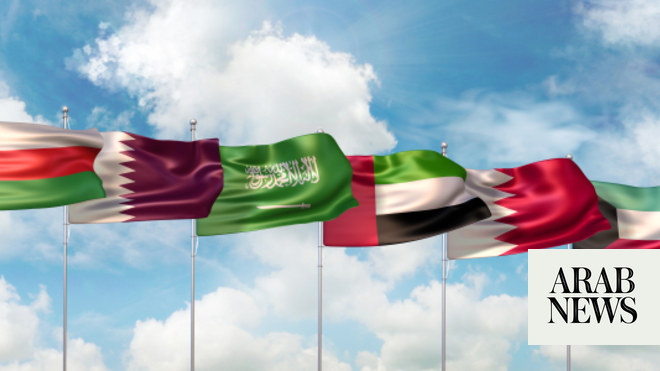
By 2050, 150 million people will leave the workforce and 450 million people will join the workforce, which means there is a gap of about 300 million jobs that need to be created, warned President of World Bank Jim Yong Kim.
Speaking at "The role of governments in building human capital" session, Kim said that the challenge is not limited to the number of jobs needed by the world, but includes the quality of life after the Internet becomes available to eight billion people, pointing out that the comparison will not be between human wages but between what can be accessed through the Internet, hence ambitions will increase because the culture and nature of work will vary radically.
Kim reviewed examples of countries trying to use technology to improve living standards, such as in Rwanda, which uses drones to provide some medical services, specifically to deliver blood bags to those in need in remote areas. He pointed out that this progress in the employment of technology creates challenges.
"Investing in people is the most important type of investment," he insisted.
There are many things that have happened in technology, and there are many questions about whether competition will be available to less developed countries with lower incomes, discussed Kim, adding that in Singapore, for example, a student finishes secondary school and have the equivalent of five more years than students in Malawi and Ghana.
President of the World Bank Group said that Vice President and Prime Minister of the UAE and Ruler of Dubai, Sheikh Mohammed bin Rashid Al Maktoum, and the Crown Prince of Abu Dhabi and Deputy Supreme Commander of the UAE Armed Forces, Sheikh Mohamed bin Zayed Al Nahyan, are leaders with visions that change the world.
He also praised the UAE’s efforts in investing in human capital: "One of the reasons I am here today is because the UAE is a prime example of a country that invests in human capital. I am giving this talk guided by the UAE vision that investing in people is the most important investment one can make."
Speaking about the importance of investing in education, he said: "250 million children around the world are illiterate and around the same number of children today are out of school. In preparing students, we need to ensure that they are given an opportunity to learn problem-solving, creativity, analytical thinking skills – and given the chance to apply these skills to contribute to the economy of the future."
He also said that 30 percent of Indonesia, India and Pakistan face malnutrition problem, with 18 percent in the Middle East and North Africa region. Kim urged governments to develop plans and strategies to create equal opportunities for their citizens and make substantial investments accordingly.
"Most countries that have done best are the ones that invest in their people at an early age. Investing in human capital is of critical importance and will determine the future of countries," Kim concluded, citing Oman, Vietnam and Peru as successful examples in investment of human capital.
Sheikh Mohammed bin Rashid Al Maktoum attended the launch of "The Global Happiness Coalition", which comprises six countries including UAE, Portugal, Costa Rica, Mexico, Kazakhstan, and Slovenia.
Sheikh Mohammed said that the world needs a new form of coalitions that works for the well-being and happiness of people.
"The Global Happiness Coalition reflects a message where the UAE aspirations meet with ambitions of different nations around the world, towards creating a better future for everyone. It is time to join efforts as governments to come up with new approaches and mechanisms to achieve people’s happiness and improve their quality of life," Sheikh Mohammed said.
Sheikh Mohammed considered the coalition an opportunity for its members to exchange ideas and expertise, and to learn from their experiences, as well as to showcase UAE’s vision regarding the importance of happiness as the ultimate goal for any government.
Sheikh Mohammed reiterated that investment in happiness promotes security, peace and coexistence between nations.
"Happiness is the opposite of hatred and extremism. We look forward the "Global Happiness Coalition" will lay foundation for a positive transformation in the world," Sheikh Mohammed concluded.
"The Global Happiness Coalition" aims to ensure effective international dialogue about achieving happiness on a global level, disseminate knowledge and exchange information and expertise about the implementation of related policies between member countries.
The Coalition will hold an annual meeting to review achievements and exchange ideas that may help coalition members improve policies and programs to ensure sustainability of happiness.












